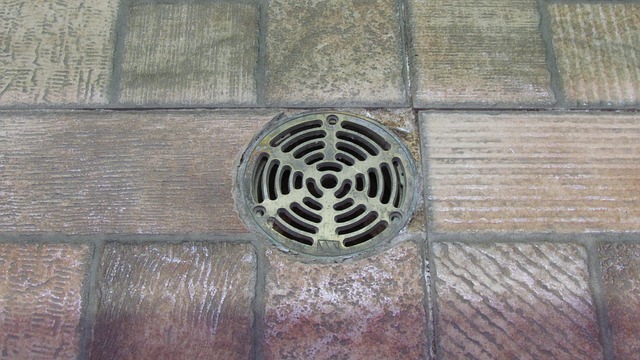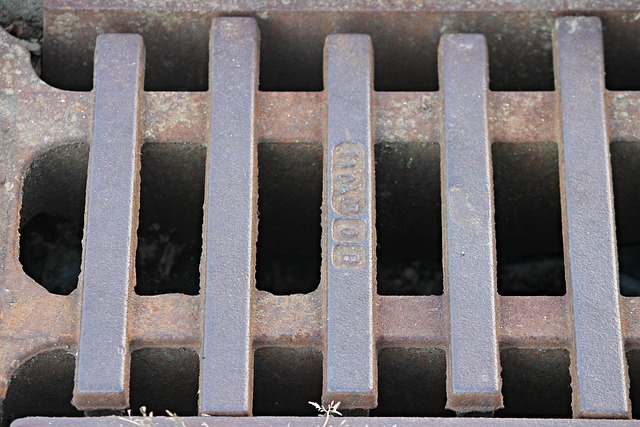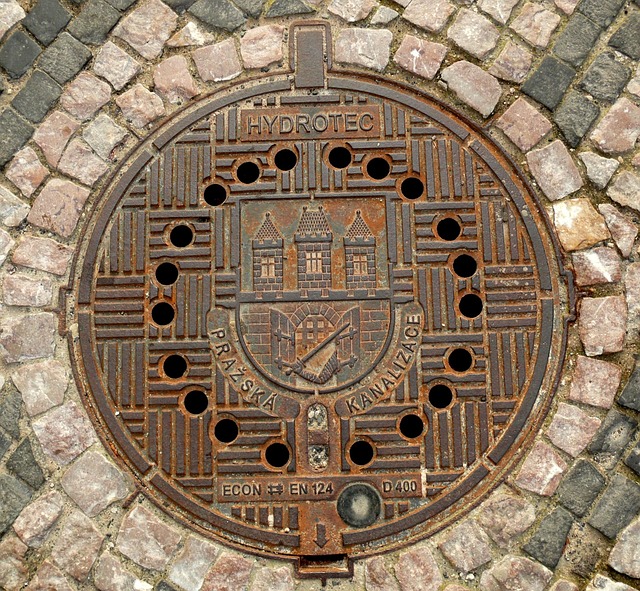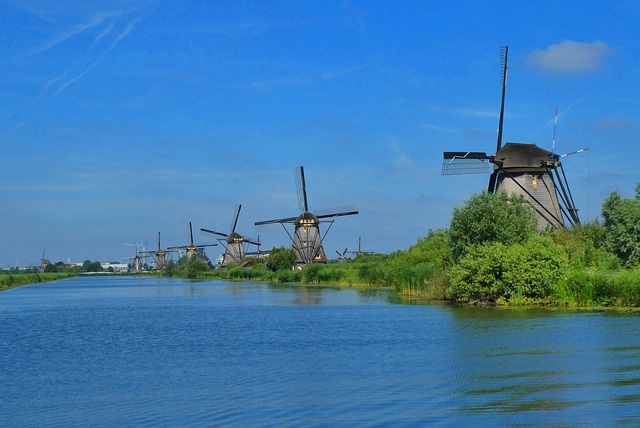Category: French Drain Installation Portland OR
French Drain Installation Portland, OR: Unveiling Effective Water Management Solutions
Introduction
Welcome to an extensive exploration of French drain installation in the vibrant city of Portland, Oregon. This article aims to shed light on a specialized construction technique that has gained significant importance in addressing water management challenges within urban environments. By delving into the intricacies of French drain systems, we will uncover their design, functionality, and the profound impact they have on the landscape of Portland’s drainage infrastructure. Through this journey, readers will gain valuable insights into how these installations contribute to a more sustainable and resilient city.
Understanding French Drain Installation: A Comprehensive Overview
What is a French Drain?
A French drain, also known as a surface drainage system or French slope drain, is an innovative water management solution designed to efficiently direct surface water away from structures and buildings. This system consists of a shallow trench filled with gravel and equipped with a permeable membrane, allowing water to filter through while preventing soil erosion. The primary purpose of a French drain is to divert water from foundations, driveways, walkways, and other impervious surfaces, thus reducing the risk of water damage and flooding.
Key Components:
- Trench Excavation: The first step involves excavating a shallow trench, typically 8-12 inches deep, along the desired drainage path.
- Permeable Membrane: A high-quality geotextile fabric is placed at the bottom of the trench to prevent soil from filling in and blocking the drain.
- Gravel Bed: Clean, compacted gravel fills the trench, creating a water conduit that facilitates efficient drainage.
- Downspout Connection: French drains are often connected to downspouts or other water sources to ensure continuous flow of excess water.
Historical Context:
The concept of French drains dates back to ancient Roman times when they developed similar techniques for draining marshlands and preventing flood damage. However, modern French drain systems have evolved significantly through advancements in engineering and material science. In Portland, as the city expanded and faced increasing urban development pressures, French drains emerged as a practical solution to combat water-related issues.
Global Impact and Trends: A Water Management Revolution
The influence of French drain installation extends far beyond Portland’s borders, with this technology gaining global recognition for its effectiveness in managing surface water runoff. Here’s a glimpse into the broader impact and emerging trends:
| Region | Impact and Trends |
|---|---|
| North America | The United States, including Oregon, has witnessed a rise in French drain adoption due to increasing urban density and concerns over infrastructure longevity. |
| Europe | In countries like the UK and Germany, French drains are widely used for property protection and land conservation, especially in low-lying areas prone to flooding. |
| Asia Pacific | Rapid urbanization in countries like Japan and Singapore has led to innovative applications of French drains in high-density urban settings. |
| Global Trends | Sustainability and environmental awareness drive the integration of French drains into green infrastructure plans, promoting better water management practices worldwide. |
Economic Considerations: Market Dynamics and Investments
The economic aspects of French drain installation play a crucial role in its widespread adoption and the overall health of Portland’s construction industry.
Market Dynamics:
- Growing Demand: With an increasing number of urban developments and renovation projects, the demand for effective drainage solutions like French drains has surged.
- Competitive Pricing: The market is characterized by competitive pricing due to the availability of various materials and contractors, allowing property owners and developers to make informed choices.
- Cost-Benefit Analysis: Many investors find French drains financially viable due to their long-term benefits in preventing costly water damage repairs.
Investment Patterns:
- Residential Applications: Single-family homes and multi-dwelling units often invest in French drains during new construction or major renovations, ensuring future protection against water-related issues.
- Commercial Projects: Shopping centers, office buildings, and industrial facilities are significant investors in comprehensive drainage systems, including French drains, to maintain operational efficiency.
- Public Works: Local governments allocate funds for French drain installations as part of urban renewal projects and infrastructure development initiatives.
Technological Advancements: Enhancing Drainage Efficiency
Technological innovations have played a pivotal role in refining the design and performance of French drain systems. Here’s how these advancements contribute to better water management:
- Smart Drainage Systems: Integration of sensors and IoT (Internet of Things) technology enables real-time monitoring of water levels, allowing for proactive drainage management.
- Improved Materials: Newer geotextile fabrics offer superior strength and durability, ensuring longer drain lifespans. High-quality gravel provides better flow capabilities without compacting excessively.
- 3D Modeling Software: Advanced software tools assist engineers in designing efficient French drain networks, optimizing trench placement, and predicting water flow patterns.
- Automated Control Systems: Automated valves and pumps can be integrated into French drain networks for precise control of water flow during heavy rainfall events.
Policy and Regulation: Governance of French Drain Installation
The regulatory framework surrounding French drain installation is crucial for ensuring compliance, safety, and environmental protection. Portland’s local government has implemented specific guidelines and permits for these constructions:
- Building Codes: Local building codes dictate the minimum requirements for drainage systems, including French drains, to protect against flooding and soil erosion.
- Environmental Permits: Projects involving French drain installation may require permits to ensure compliance with water quality standards and habitat preservation regulations.
- Land Use Planning: Urban planning initiatives often incorporate French drains as part of sustainable water management strategies, promoting their integration into new developments.
Case Studies: Success Stories in Portland
Portland boasts numerous successful implementations of French drain systems, showcasing their effectiveness in various settings.
Case Study 1: Downtown Property Protection
A high-rise apartment complex in downtown Portland faced chronic basement flooding issues. The installation of a comprehensive French drain system along the building’s perimeter significantly reduced water infiltration, eliminating ongoing repair costs and enhancing tenant satisfaction.
Case Study 2: Urban Renewal Project
In a revitalized neighborhood, a French drain network was designed to manage stormwater runoff from newly constructed buildings and roads. This integrated drainage solution helped prevent local flooding and improved overall area aesthetics.
Benefits of French Drain Installation: A Comprehensive Look
Implementing French drains offers multiple advantages for Portland’s residents, businesses, and infrastructure:
- Prevention of Water Damage: By redirecting surface water away from foundations, French drains significantly reduce the risk of basement flooding, wood rot, and structural damage.
- Improved Infrastructure Lifespan: Effective drainage prolongs the life of roads, sidewalks, and buildings by minimizing water-related erosion and corrosion.
- Enhanced Land Value: Properties with well-managed drainage systems often experience increased market value due to reduced flood risks.
- Environmental Benefits: French drains can contribute to sustainable urban development by mimicking natural hydrological processes and reducing the strain on municipal stormwater systems.
- Cost Savings: While initial installation costs exist, long-term savings result from decreased repair and maintenance expenses related to water damage.
Challenges and Considerations: Navigating Potential Issues
Despite their numerous advantages, French drain installations are not without challenges. Addressing these considerations is essential for successful implementation:
- Site Assessment: Proper site evaluation is crucial to identify potential issues like poor soil drainage or existing underground utilities that may impact trench excavation.
- Permeability Concerns: In areas with high clay content, ensuring proper compaction and using suitable materials are critical to maintain the drain’s effectiveness.
- Maintenance: While French drains require minimal upkeep, regular inspection is necessary to detect and address any blockages or damage promptly.
- Aesthetic Impact: Proper landscaping can mitigate any aesthetic concerns associated with surface drainage systems.
Future Prospects: Sustainable Water Management
As Portland continues to evolve, the role of French drain systems will remain pivotal in shaping a sustainable future. Here’s how these installations align with the city’s long-term goals:
- Green Infrastructure: Integrating French drains into green infrastructure plans allows for natural water absorption and filtration, contributing to environmental sustainability.
- Resilient Urban Planning: With climate change considerations, French drain networks can be designed as part of a broader resilience strategy, ensuring Portland is prepared for changing rainfall patterns.
- Innovative Technologies: Ongoing technological advancements will further enhance the efficiency and intelligence of French drains, enabling smarter water management.
Conclusion: A Vital Component of Urban Water Management
French drain installation has emerged as a vital tool in the arsenal of urban water management strategies. Its proven effectiveness, combined with ongoing technological refinements, makes it an attractive solution for cities worldwide, including Portland. As the city continues to grow and adapt to changing environmental challenges, French drains will undoubtedly play a significant role in shaping a more sustainable and resilient urban landscape.
Optimizing Portland Properties with High-Quality French Drain Installation
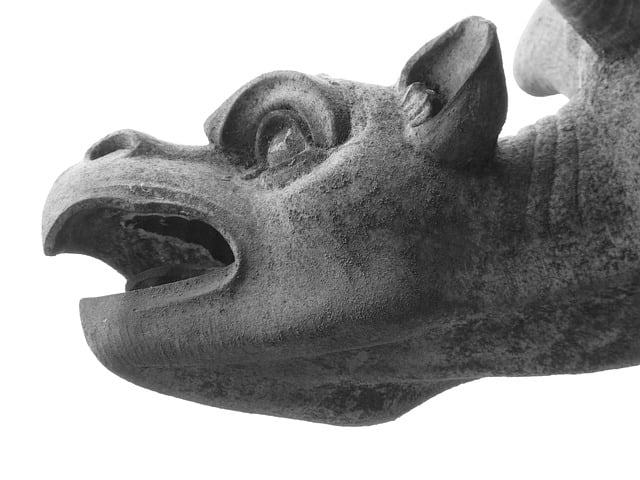
In Portland, Oregon, facing water runoff issues on sloped landscapes? A French drain installation is…….
Mastering Flood Control: Portland’s Guide to French Drain Installation
French Drain Installation: Waterproofing Portland Homes Effectively
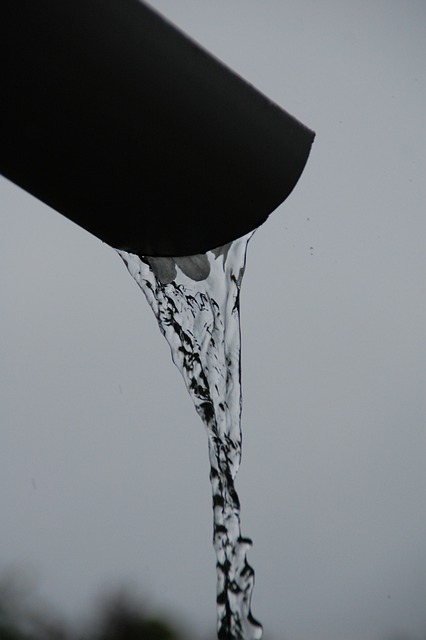
Homeowners in Portland, Oregon, face unique water damage risks due to climate and geography. French…….
Mastering Water Management: French Drain Installation in Portland, OR
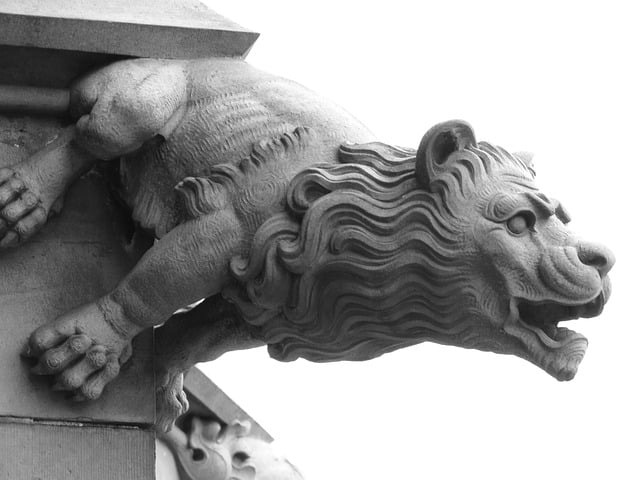
Water diversion is crucial for Portland, Oregon, facing heavy rainfall and flooding. A proven soluti…….
Long-Lasting French Drain Installation: Portland OR Experts Guide
French Drain Installation Portland OR: A Comprehensive Guide to Optimal Underground Drainage Solutions
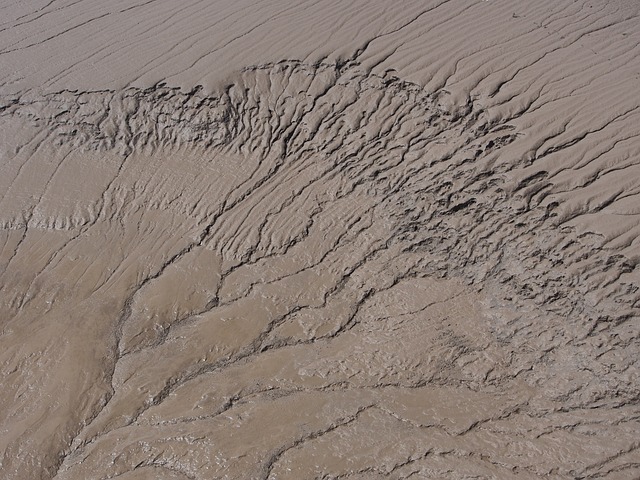
In Portland, Oregon, understanding French drain systems is crucial for effective underground drainag…….
Mastering French Drain Installation: Portland OR Experts Guide Property Owners
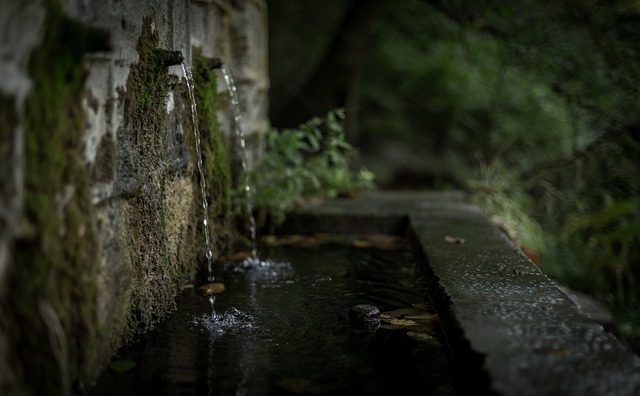
French Drain Installation Portland OR offers an effective solution for water management, redirecting…….
French Drain Installation Portland OR: Expert Systems for Efficient Water Diversion
French Drain Installation: Optimizing Portland Properties with Expert Solutions
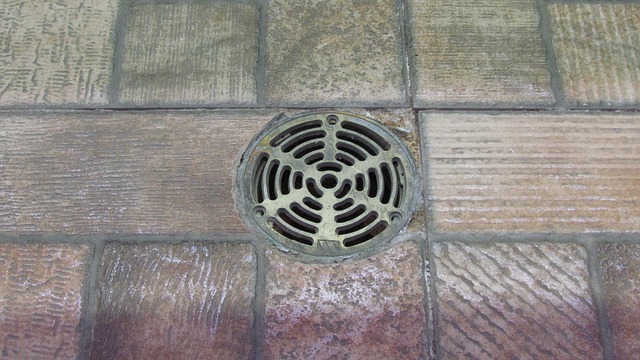
In Portland, OR, where heavy rainfall is common, French drains are an effective solution for managin…….
